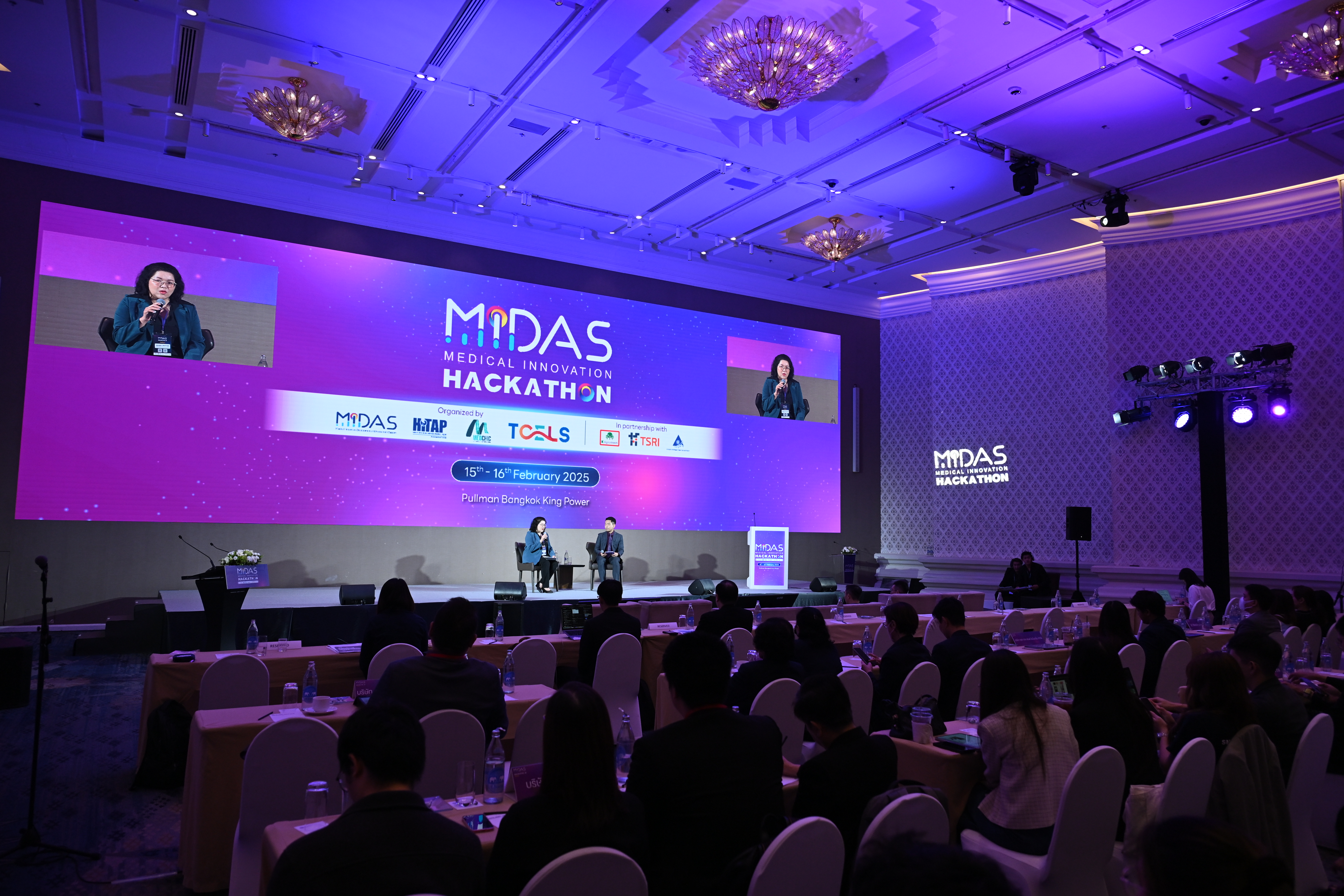HITAP Foundation รับรางวัลเกียรติยศ “5 ทศวรรษ ระบบยาประเทศไทย” พร้อมร่วมเสวนาทิศทางบัญชียาหลักแห่งชาติ



(Reuters) – Swiss drugmaker Novartis told India’s top court it had demonstrated the improved efficacy of its cancer drug Glivec as the final hearing began on Tuesday of a patent case that could change the rules for the country’s healthcare sector.
A patent would recognize Novartis’ property rights, in a blow to generic drugmakers who supply medicines to 1.2 billion Indians and to poorer nations across the world, although generic forms of Glivec launched before 2005 would stay on the market.
“We are giving something new to the patients,” Gopal Subramanium, a lawyer for Novartis, told the Supreme Court as he argued for patent protection for Glivec – used to treat chronic myeloid leukaemia and some gastrointestinal cancers.
The hearing was expected to last for at least two months.
India’s $12 billion drug market is seen by Big Pharma as a huge opportunity, but major Western drugmakers are wary of the level of protection for intellectual property in a country where generic medicines account for more than 90 percent of sales.
Novartis took its case to the Supreme Court after Glivec was refused a patent on the grounds the drug was not a new molecule but an amended version of a known compound. Novartis has challenged this clause of the Indian Patents Act.
SMALL FRACTION OF SALES
A loss for Novartis in the case would not have a big financial impact, since India is never likely to account for more than a small fraction of Glivec’s global sales, which totaled $4.7 billion last year. The real concern for the industry is that a rebuff would confirm India as a country where patents are exceptionally hard to secure.
Critics of the big Western pharma groups – who include international aid groups and Indian generic drug manufacturers – say a win for Novartis would jeopardize the supply of cheap medicine to hundreds of millions of people in India and around the world, since India is the world’s biggest exporter of cheap generic drugs.
“Because India is regarded as the pharmacy of developing countries, the importance of this case extends far beyond India,” said Manica Balasegaram, director of Medecins Sans Frontieres’ Access Campaign, in a statement.
“Novartis’ legal proceedings are a direct threat for the lives of millions of people in developing countries.”
Novartis says it needs certainty about the legal position if it is to invest in India over the long-term.
“The patent for Glivec is not really the issue here,” Paul Herrling, head of the Novartis Institute for Tropical Diseases, told Reuters in August. “It is just an example of us wanting very clear legal clarity about what kind of innovation is patentable.”
The case has added to the tensions between Big Pharma and India, following a decision by the patent office in March to strip Germany’s Bayer AG of its exclusive right to sell another costly cancer drug, Nexavar. Bayer has challenged that decision.
Last week, the Delhi High Court ruled in favor of local drugmaker Cipla in a patent infringement case filed by Switzerland’s Roche Holding AG over Cipla’s cancer drug Erlocip.
(Reporting by Suchitra Mohanty in NEW DELHI and Kaustubh Kulkarni in MUMBAI; Additional reporting by Caroline Copley in ZURICH; Editing by Alex Richardson)
http://reut.rs/RJVGwM